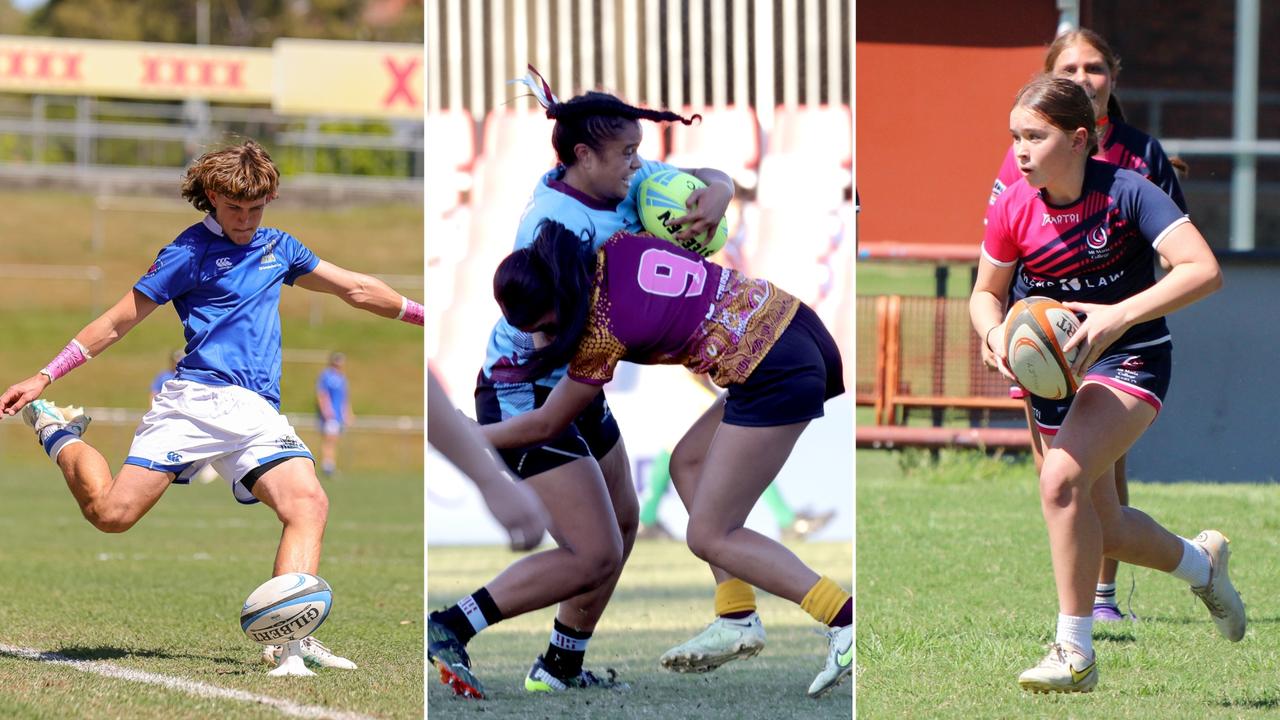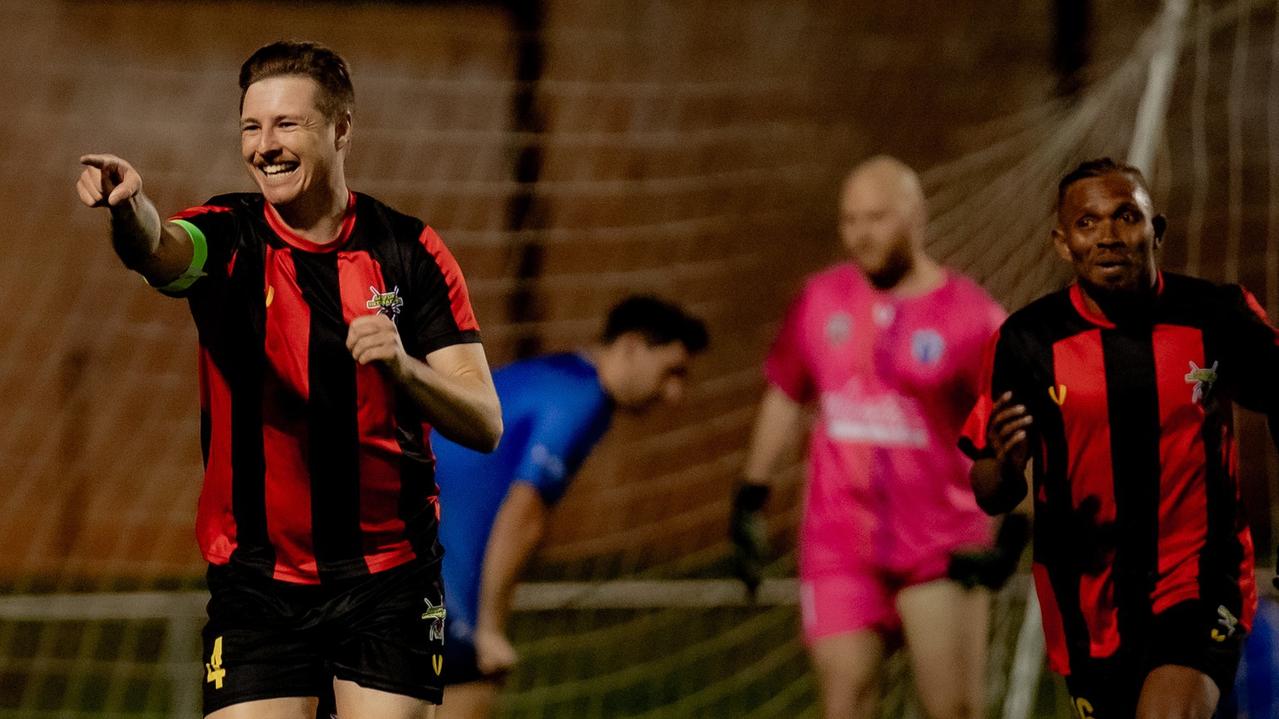Glynis Nunn details how juniors sports people can get through COVID-19 virus pandemic
Former Olympic champion Glynis Nunn has detailed how juniors involved in sport can navigate through the tough times the COVID-19 virus has brought upon them.
Local sport
Don't miss out on the headlines from Local sport. Followed categories will be added to My News.
ONE of the greatest challenges in history is the current pandemic that we are facing.
The impact of the pandemic on the world is astronomical. For a period of time there was brief curiosity surrounding the impact of the virus before the influence and spread became real in Australia.
However, the challenges surrounding the uncertainty or how to cope in the current instability is increasing anxiety and adding further complexity.
The impact of the virus on parts of life such as employment, economy, mental health and sense of self is currently on the precipice.
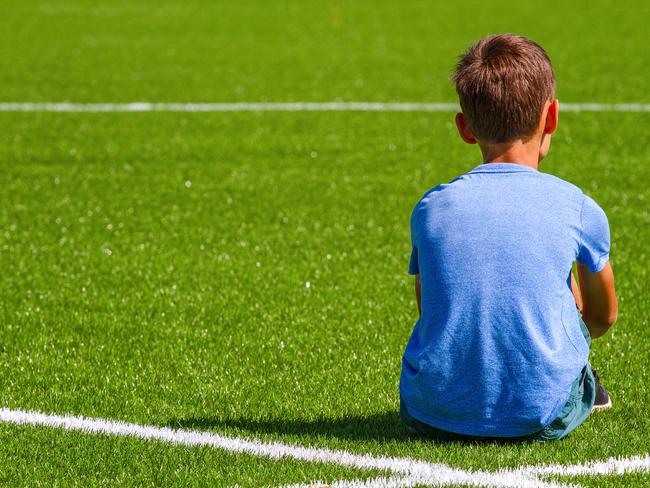
For adults, finance, job security, relationships, safety and certainty contributes to a stable sense of self.
For teenagers and children, sport and performance, schooling grades, relationships and peer popularity contribute to a stable sense of self.
For teenagers, the nature and drive for reward and praise from achievement and succeeding is soon to hit a wall due to lockdowns and unique challenges.
Therefore, challenging their own sense of self-esteem will come to the forefront.
With the new-found time of no longer having their main coping strategies of sport, performance and theatre, music etc will be a challenge that can impact on their well-being. What is left is time.
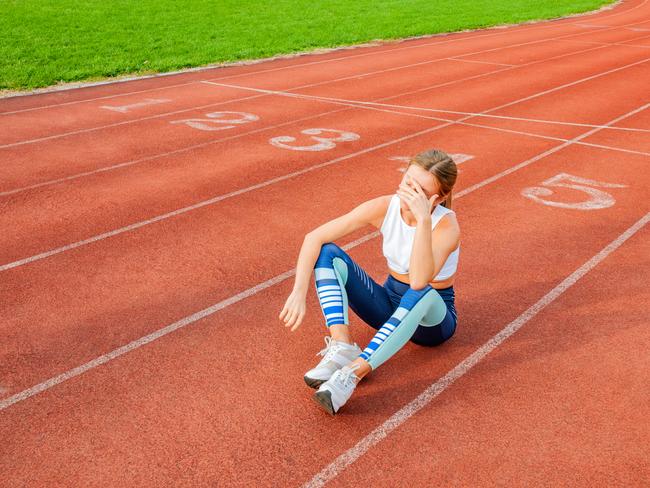
Tolerating boredom and frustration is a key skill that can impact their well-being.
How they choose to spend their time will impact their well-being. How you, as a parent chose to engage with their spare time and your teenager will impact their well-being.
What you and your teenager do together now will impact their motivation to bounce back to what they loved with ease when the time comes.
A few tips to help in these times of uncertainty.
1). Talking through with your teenager or child about the circumstances being out of their control.
2. Sharing your compassion, guidance and support.
3. Creating strategies and routines that targets fun, physical exercise, confidence, support and family time.
4. Allowing family members to have their own time and to switch off from social media.
5. Discussing if they would like to talk with a mental health professional.
6. Understand and discuss about controlling the ‘controllables’ and let go of the things you are unable to control.
Implementing these strategies can be influential to assisting your family through these difficult times.
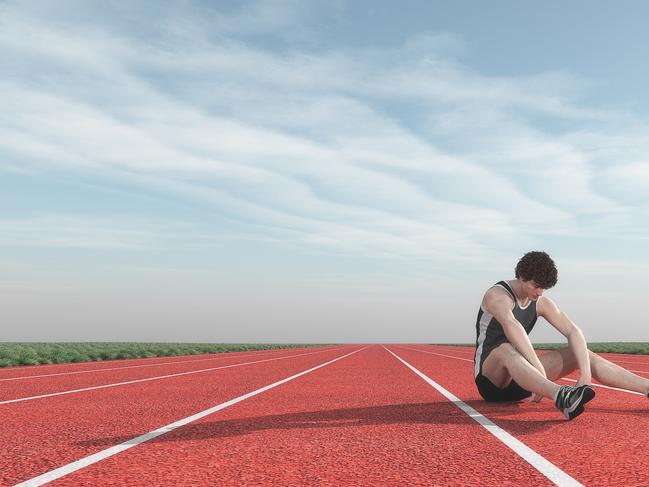
Take a moment for yourself to remember the last time you said “If only I had more time”. This is a circumstance where it could open up different possibilities that may have never opened previously.
However, for the teenagers, sport is a significant and an effective coping strategy and for many it has now been taken away for an indefinite period.
But what is more effective is, compassion, kindness, and understanding in these difficult times.
For young athletes – sit them down and discuss their dreams, their goals and their aspirations. Discuss how they can do things in their own time, with their own body weight to help build strength and muscle control.
Use the time to chart how they can do this in the time they have at home. Research, challenge oneself and achieve new goals in a new time.
Over the coming weeks, the Academy will show you ways to build this body strength at home with little or no equipment. Take up the challenge. I dare you.
Now to the hottest topic in world sport.
After weeks of the IOC insisting the Tokyo Games would either take place or be cancelled, National Federations increasingly placed the IOC under fire with athletes and the community also giving heavy criticism.
A one-year postponement has finally been decided upon. At long last there is clarity about when Tokyo will occur.
Many have struggled to train and prepare for the Olympics due to isolation, competitions cancelled, training venues closing and travel cancelled while also following safety warnings from governments and public health officials.
Let’s face it, sport has been full of uncertainty. The AFL, NRL, AWFL and A-League have either been suspended or cancelled in the past week.
The postponement of the biggest show on earth was an inevitable decision that had to be made. Japan deserved better than to be held in limbo for such a long time.
On Monday, the pressure on the Olympics started to ramp up when Canada announced they were going to withdraw their team from Tokyo.
Next came New Zealand, then Australia followed suit. This was the only way to give clarity to athletes who have been caught in never-never land.
My thoughts are with those athletes who have had their eye and heart set on the Olympics and Paralympics in all sports.
In track and field, I also feel for those young athletes who had their hearts set on travelling to Kenya for the under-20 World Juniors.
For some it means their only opportunity to compete at these championships as they will be too old in two years. They now have to aim at the 2022 Commonwealth Games.
For some athletes the postponement means extra time to achieve qualifiers, for others the story could well be different as 2020 might have been their last hoorah to the Olympics, it could mean retirement without achieving their final dream.
This decision will be greeted with mixed reactions from athletes.
For some, there would be relief – they can now concentrate on their private lives, their health and their families as they have struggled with the ambiguity of selection and preparation. For others, I am sure they will be looking forward to having the opportunity to stay home in Australia, instead of travelling and achieve a good winter preparation.
A great opportunity to rediscover their competitive drive.
With the decision now made athletes can test where they are at, reset their goals and build for an exciting 2021.
Athletes have a chance to look at their strengths and weaknesses and address where they think improvement will come.
An extra twelve months will enable athletes to be stronger, bigger, defined, faster. With the competition season now over and no immediate direction and dreams lost, the athlete’s resilience will be tested.
It could well be the best thing that has never happened. Japan 2021 will be a celebration of what was supposed to be.
An incredibly emotional Tokyo Olympics is set to be staged in 2021. This week has been an important step to providing clarity for athletes.
With so much ambiguity surrounding Tokyo, I am proud to be Australian and look forward to the next 12 months leading up to the Games.
Some positivity at long last in a time of unprecedented happenings in our society.
So where to from here.
The Academy is planning a Coronavirus action while you are at home – stay tuned for exercise routines. Stay motivated, share your stories, ask us questions about psychology, your concerns about resilience, your passion, about building an exercise program etc.
Email us – programs@goldsport.com.au / glynis@goldsport.com.au
In the meantime:
● Keep moving
● Keep eating well
● Keep discussions happening about what can and can’t be controlled
● Follow all the guidelines
● We will have programs ready to go post COVID-19 once the curtain is lifted.

